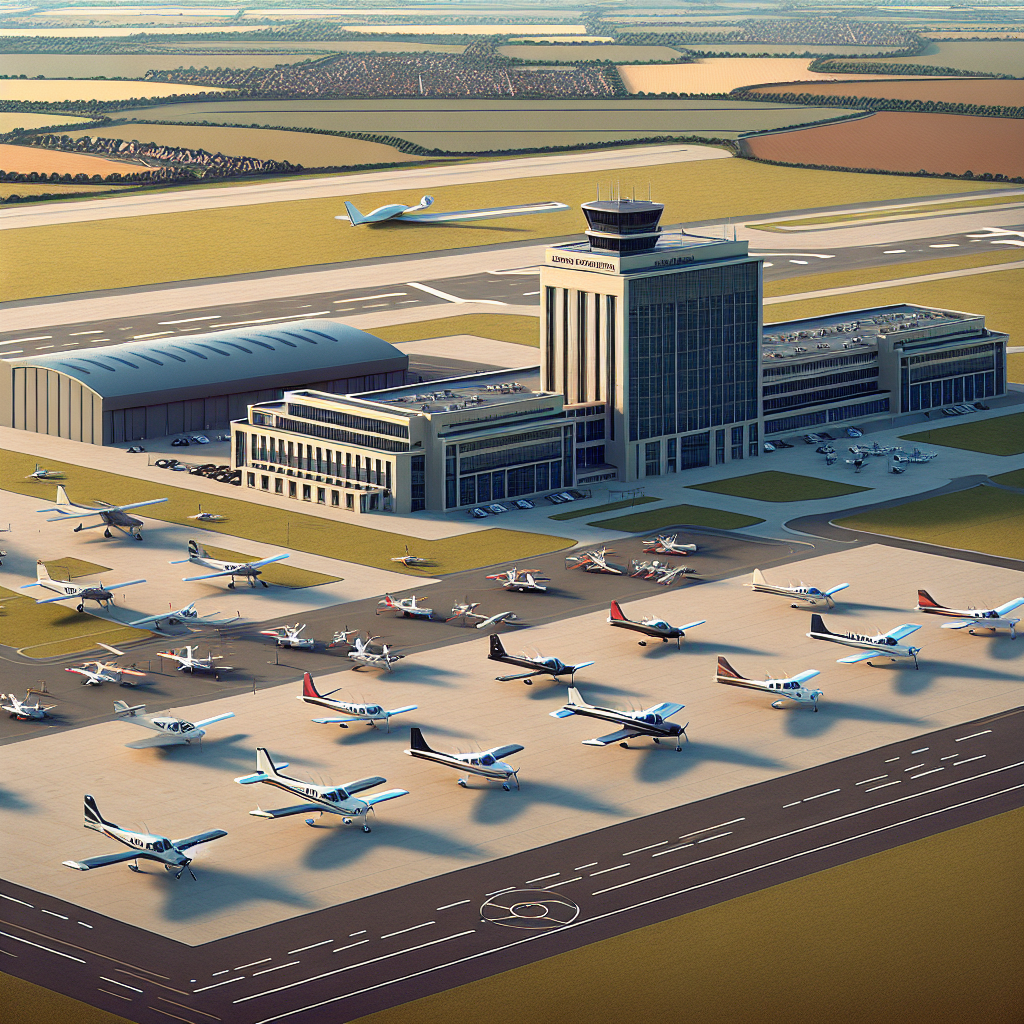President Donald Trump is now asking Congress to claw back $1.1 billion in funding from the Corporation for Public Broadcasting — an amount totaling around two years' worth of funding — in his latest budget request, according to The New York Times, leaving media executives blindsided by the attack on public stations. "The plan is to request that Congress rescind $1.
1 billion in federal funding for the Corporation for Public Broadcasting, the taxpayer-backed company that funds public media organizations across the United States, one of the people said," reported Benjamin Mullin, Tony Romm, and Jonathan Swan, noting that the funding "goes to public broadcasters including NPR, PBS and their local member stations. The Trump administration isn’t planning to ask Congress to claw back about $100 million allocated for emergency communications." "The proposal would be part of a broader rescission package, a formal request to Congress to rescind previously approved funds, that would also eliminate billions allocated to foreign aid," the report continued.

"The process is established under law, which gives the House and Senate 45 days to vote to approve the request after it is submitted. The White House plans to submit this rescission request in the coming weeks, the people said. If Congress does not approve the rescission request, the money must be spent as originally intended.
" ALSO READ: 'Alarming': Small colleges bullied into silence as Trump poses 'existential threat' NPR and PBS themselves receive the majority of their funding from viewer donations and corporate sponsorships — however, the CPB funding goes to affiliate stations to pay them to air their content . If the funding is clawed back, while it wouldn't entirely eliminate NPR and PBS, it could effectively force the closure of a number of public stations around the country that rely on that funding to purchase their content, creating news deserts in lower-income areas. Public broadcasting executives have already been planning for this risk, stating in a document that the total clawback of funding would be like “an asteroid striking without warning” and "the highest risk scenario especially in a time in which the media ecosystem is rapidly changing.
" Already, Trump and his allies have long been threatening to make such a move. Trump's Federal Communications Commission chief, Brendan Carr, recently launched an investigation into whether public broadcasting outlets were illegally endorsing the products of corporate sponsors (which is not allowed, as they can only list their sponsors, not endorse their products). Meanwhile, congressional Republicans have attacked NPR and PBS as " brainwashing the American people " in hearings on the topic.
.
'Asteroid striking without warning': Execs stunned by Trump's attack on NPR and PBS

President Donald Trump is now asking Congress to claw back $1.1 billion in funding from the Corporation for Public Broadcasting — an amount totaling around two years' worth of funding — in his latest budget request, according to The New York Times, leaving media executives blindsided by the attack on public stations. "The plan is to request that Congress rescind $1.1 billion in federal funding for the Corporation for Public Broadcasting, the taxpayer-backed company that funds public media organizations across the United States, one of the people said," reported Benjamin Mullin, Tony Romm, and Jonathan Swan, noting that the funding "goes to public broadcasters including NPR, PBS and their local member stations. The Trump administration isn’t planning to ask Congress to claw back about $100 million allocated for emergency communications.""The proposal would be part of a broader rescission package, a formal request to Congress to rescind previously approved funds, that would also eliminate billions allocated to foreign aid," the report continued. "The process is established under law, which gives the House and Senate 45 days to vote to approve the request after it is submitted. The White House plans to submit this rescission request in the coming weeks, the people said. If Congress does not approve the rescission request, the money must be spent as originally intended."ALSO READ: 'Alarming': Small colleges bullied into silence as Trump poses 'existential threat'NPR and PBS themselves receive the majority of their funding from viewer donations and corporate sponsorships — however, the CPB funding goes to affiliate stations to pay them to air their content. If the funding is clawed back, while it wouldn't entirely eliminate NPR and PBS, it could effectively force the closure of a number of public stations around the country that rely on that funding to purchase their content, creating news deserts in lower-income areas.Public broadcasting executives have already been planning for this risk, stating in a document that the total clawback of funding would be like “an asteroid striking without warning” and "the highest risk scenario especially in a time in which the media ecosystem is rapidly changing."Already, Trump and his allies have long been threatening to make such a move. Trump's Federal Communications Commission chief, Brendan Carr, recently launched an investigation into whether public broadcasting outlets were illegally endorsing the products of corporate sponsors (which is not allowed, as they can only list their sponsors, not endorse their products). Meanwhile, congressional Republicans have attacked NPR and PBS as "brainwashing the American people" in hearings on the topic.











